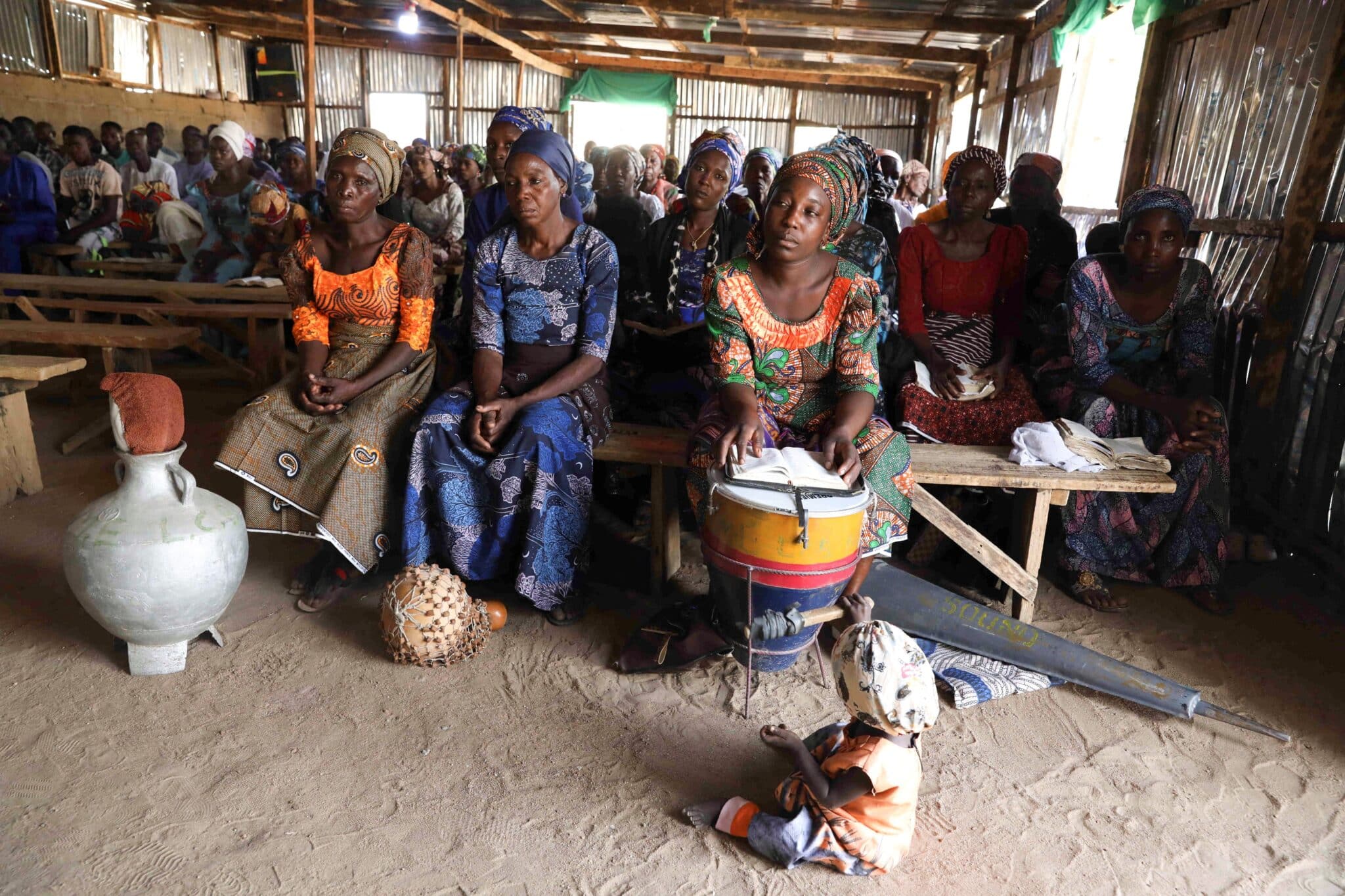Thursday of the Third Week of Lent | Readings: Jeremiah 7:23-28; Luke 11:14-23
REFLECTION
In general, you tell people how to respond to you, and Jeremiah in the First Reading is setting himself, the people, and Yahweh up for a negative response. In being against “the devil,” Jeremiah has become a bit of a devil himself. He condemns, fears, and scatters. He is a split and divided prophet at this point. This is surely what Paul later means when he says, “Prophesying is imperfect” (1 Corinthians 13:9). Jeremiah does eventually mature, but it takes a bit more suffering and failure to refine this “reluctant prophet,” and there is still much failure to come in the rest of Jeremiah’s life.
Jesus will carry this message further in the Gospel of Luke. He is doing good, driving the devil out of a man who cannot speak. One would think this would make the crowds happy, but they accuse him instead of having or even being a devil himself. When you try to fight evil, you are invariably accused of doing evil yourself. Isn’t that interesting? And strange. Read history, and especially the lives of whistleblowers, justice seekers, and peace workers. Maybe, in fact, this is what was happening to Jeremiah, and what is keeping him defensive in a corner.
At any rate, in this admittedly confusing text, Jesus variously defines himself as “not divided,” “Someone Stronger,” “the finger of God,” “the Reign of God,” and finally as “the one who gathers.” He speaks from his inner identity and ground. He speaks from a “non-dual” place, his state of union with God, and real connection with the situation.>
Note, however, that this is not just a “Look at what I can do” story. Jesus says we can “gather with him” in this way too (verse 23)! He always invites us in on his own victory. Whole people create whole people. Divided people heal nobody, but only scatter because they are “scattered” and un-whole themselves. They perpetuate the problem. Their motives, their loyalties, their identity, and their emotions are all over the place. The Greek word for devil is diabolos, which means split or divided, literally “thrown apart.”
Jesus gathers and heals because he is one with himself, one with God, and even one with the pain of the man who cannot speak. He even wants to be one with the crowd. Predictably, however, his very wholeness divides Jesus the “Gatherer” from those who are scattered, and they accuse him of their own fault, which is “being a devil.” For some reason, smug people are threatened by anyone farther along the path than they are. When you actually fight real evil, you will invariably be accused of doing evil yourself. Whereas, if you separate yourself from minor social “impurities,” almost everyone will agree and jump on board. You see why we need deep discernment and real wisdom when it comes to the battle with evil.
TODAY’S READINGS
“The crowds were cynical and skeptical [‘amazed’]. Some of them said, ‘It is by the prince of devils that he casts out devils’. . . Jesus said, ‘When Someone Stronger comes along and overpowers the supposed strong man, he carries off the spoils. Anyone who is not ‘one’ will always be against me. Anyone who does not gather invariably scatters.” —Luke 11:14–15, 22–23
STARTER PRAYER
“Warrior God, Crucified Christ, teach me how evil is really overcome. Do not let me be part of the problem, but the beginning myself of the answer.”
¡Haga clic aquí para ver la traducción en español!








